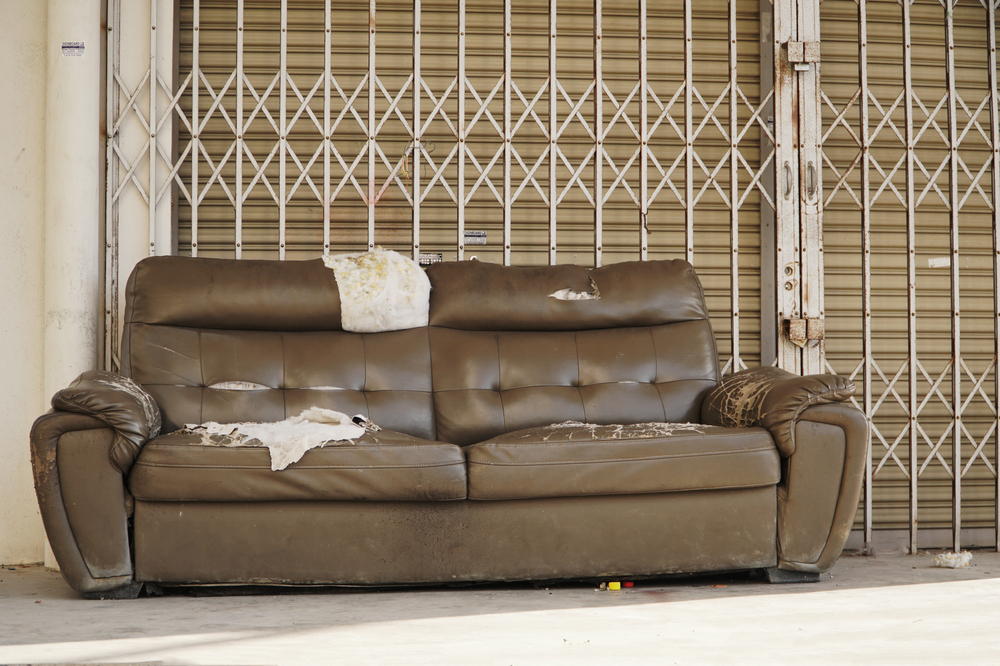After an investigation found large levels of persistent organic pollutants (POPs) in seating textiles and foams, the Agency warned councils that they must incinerate all upholstered waste domestic seating, such as sofas or armchairs (see letsrecycle.com story). The guidance also states this stream must not be mixed with other non-POPs wastes.
ADEPT represents the local authority ‘place directors’ responsible for providing day-to-day services, including recycling and waste. Steve Palfrey is chair of ADEPT’s waste group.
He told letsrecycle.com: “ADEPT supports the requirement for persistent organic pollutants to be phased out and existing POPs to be destroyed. However, we have serious concerns regarding the impracticality and cost of complying with the recent Environment Agency guidance.”
Mr Palfrey expressed concerns about the disposal route for upholstered waste domestic seating. “Many authorities do not have a contractual route to energy from waste disposal and many operators will not want to accept more of this very high calorific value material which has the potential to cause blockages or processing challenges.”
Mr Palfrey also suggested that keeping POPs materials separate from non-POPs waste seemed “disproportionate” for household furniture.
“In comparison, other domestic items containing hazardous chemicals, such as televisions, don’t carry these highly cautious handling requirements and are subject to producer responsibility to ensure safe treatment is not at the expense of the taxpayer,” he said.
Costs
Mr Palfrey claimed the implications in terms of costs for councils for bulky waste collection services, transfer stations and haulage were “astronomic”.

“For household waste recycling centres where space is limited, less sites will be able to accept soft furnishings to send for safe disposal and/or other recycling streams will have to be displaced,” he added. “Finding a home for this material will be complex and potentially expensive.
“ADEPT recognises that local authorities and the waste sector have a key role in providing a route for the safe collection and disposal of end-of-life products containing POPs but are keen to see a pragmatic approach to safe disposal without massive cost and disruption to the waste system and taxpayer-funded services.”
Private sector
ADEPT is not the first organisation to express alarm at the practicalities of implementing the new guidance. Earlier this week, the Environmental Services Association, the trade association representing the private waste sector, wrote an open letter to the Agency with concerns that there are currently “very few” energy from waste facilities with the dust abatement techniques required (see letsrecycle.com story).










Subscribe for free